Black political figures and activists we lost in 2022
TheGrio honors the lives of these late, luminary leaders in politics and activism.
There were tremendous losses in various fields and disciplines in 2022, particularly in the world of politics and political activism. From a sitting member of the United States Congress to a pioneering political journalist, theGrio honors the lives of these late, great luminary leaders.
State Senator Bill Owens
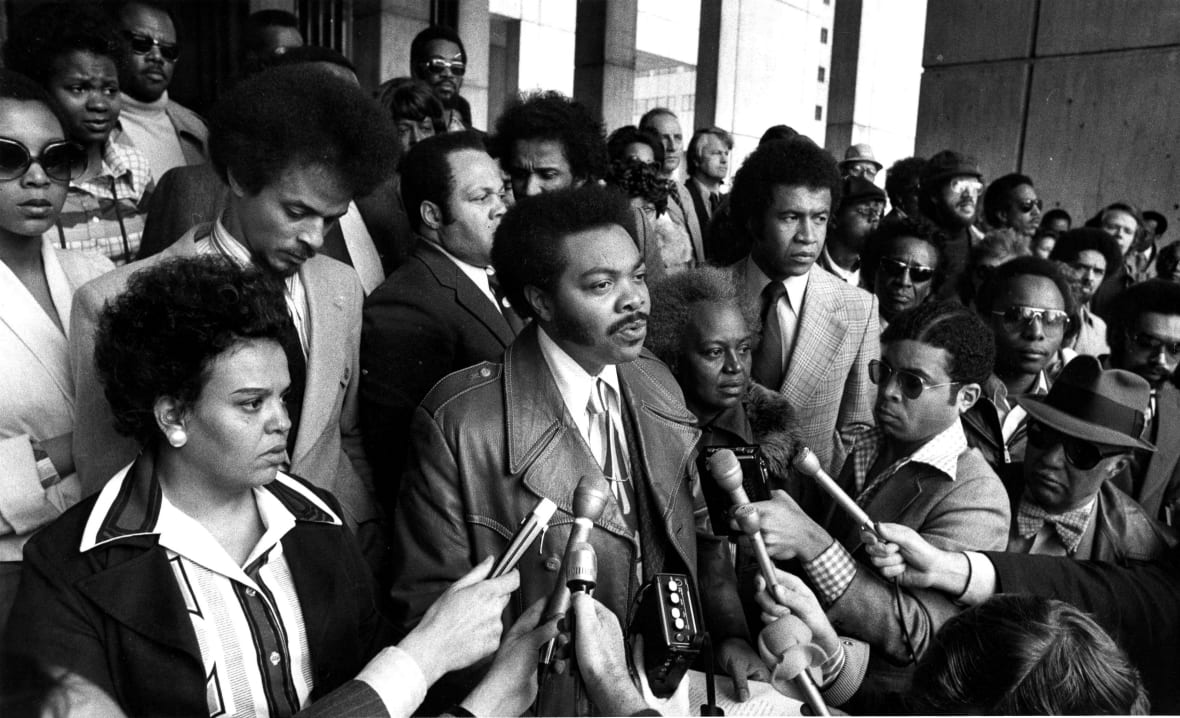
In the first month of 2022, the nation lost the first Black State senator of Massachusetts, Bill Owens. Owens died at 84, just weeks after testing positive for COVID-19. Owens was known as a fighter for racial justice. He goes down in history as creating the State Office Of Minority and Women Businesses Assistance for Massachusetts. Owens also made a name for himself by sponsoring a bill in the 1980s that would require the state to pay reparations to Massachusetts’ descendants of enslaved Africans.
U.S. Rep. Donald McEachin
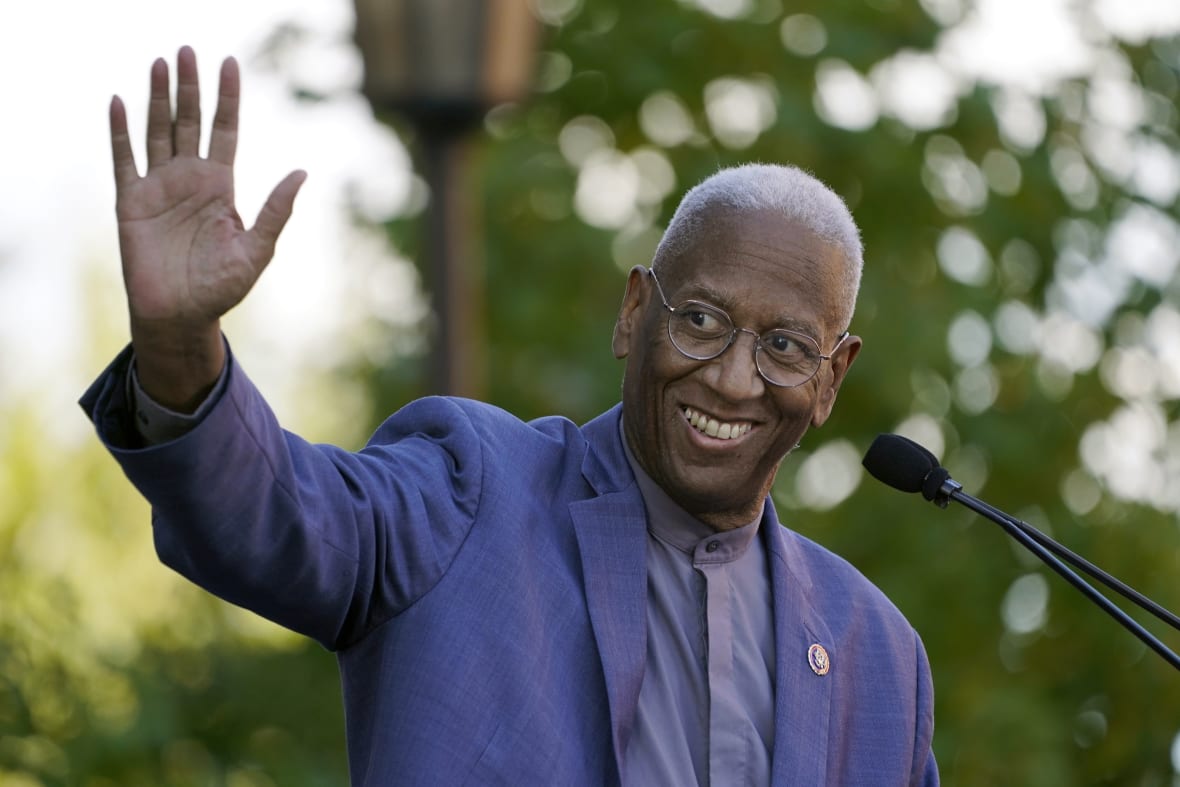
Virginia Democratic Congressman Donald McEachin served in his U.S. House of Representatives seat from 2017 until his untimely death in November 2022. The Virginia U.S. representative was vocal on issues impacting the state’s 4th Congressional District. The 61-year-old politician died after a battle with cancer. Last year, McEachin spoke with theGrio about the history of racism in the nation’s roadways.
The lawmaker highlighted a community near Richmond that had been split in half by the creation of interstate 95 and the efforts being made to reconnect the historic Black community with the surrounding neighborhoods. McEachin was a lawyer by trade and a long-time public servant who worked in the state legislature, serving in both chambers, for decades before going to Congress. McEachin was remembered as a fighter, both in life and in his career, including being a strong supporter of environmental justice.
Bernard Shaw

Bernard Shaw, one of CNN’s iconic well-known former anchors, died in September of this year at 82. He loved jazz and could be seen often at a local jazz club outside of D.C. listening to the music in the back of the room without fanfare. Shaw was one of the first hires of CNN. During his notable career at the news network, he covered the 1981 assassination attempt on then-President Ronald Reagan. He also was known for reporting on the Gulf War as well as moderating the presidential debate between George W. Bush and Michael Dukakis during the 1988 election and Princess Diana’s death in 1997. Before his work with CNN, he was a reporter and anchor at CBS and ABC News and WNUS and Westinghouse Broadcasting.
Calvin Butts
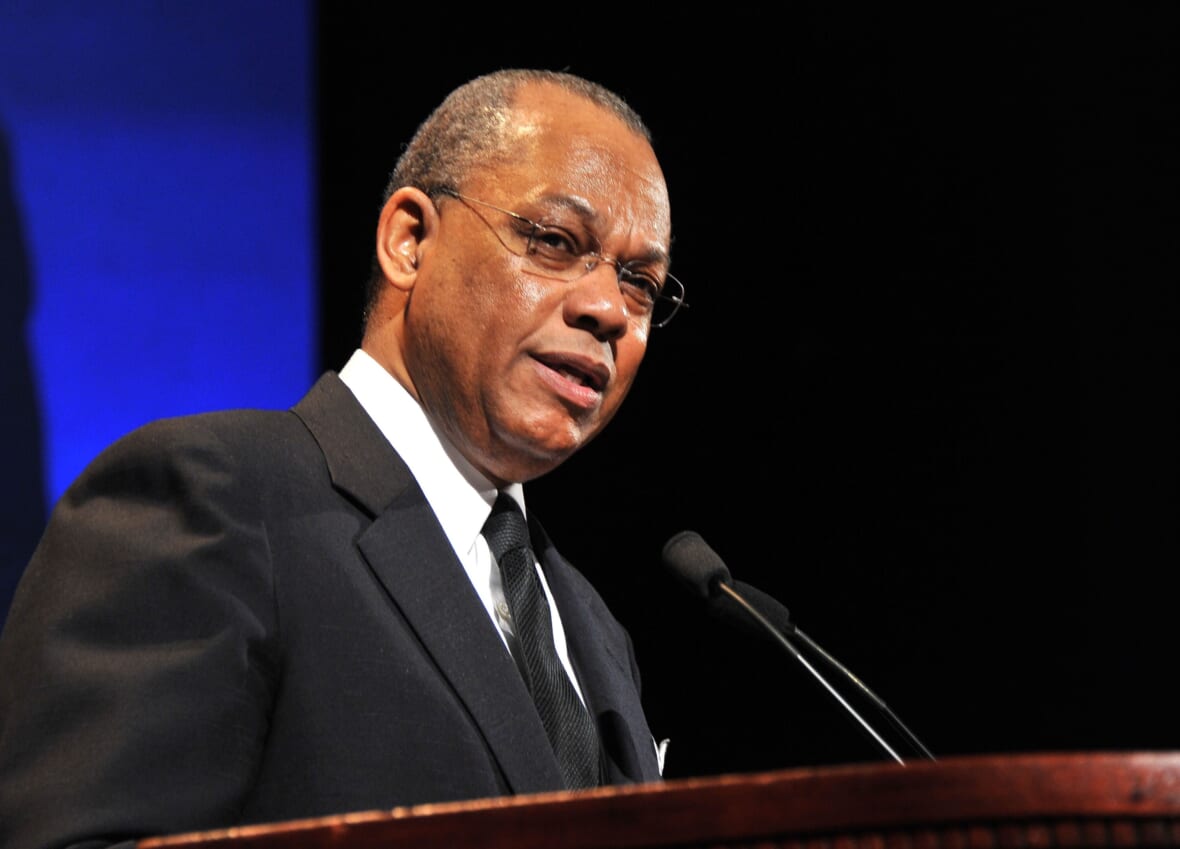
Calvin Butts, the pastor of the largest Black church in New York City, died in October at 73. Butts wore many hats and worked in many fields. He was an academic administrator, university president, rights leader, and pastor of the historic Abyssinian Baptist church for more than 30 years. Butts is famously known for persuading then-Congressman John Conyers Jr., to create a commission to investigate police brutality in Black communities. He also made news when he supported Hillary Clinton in the 2008 presidential Democratic primary over Barack Obama. Butts’ death rocked both the political and religious communities, so much so that Vice President Kamala Harris traveled from Washington to New York City to pay her respects to the community giant.
Charles Sherrod
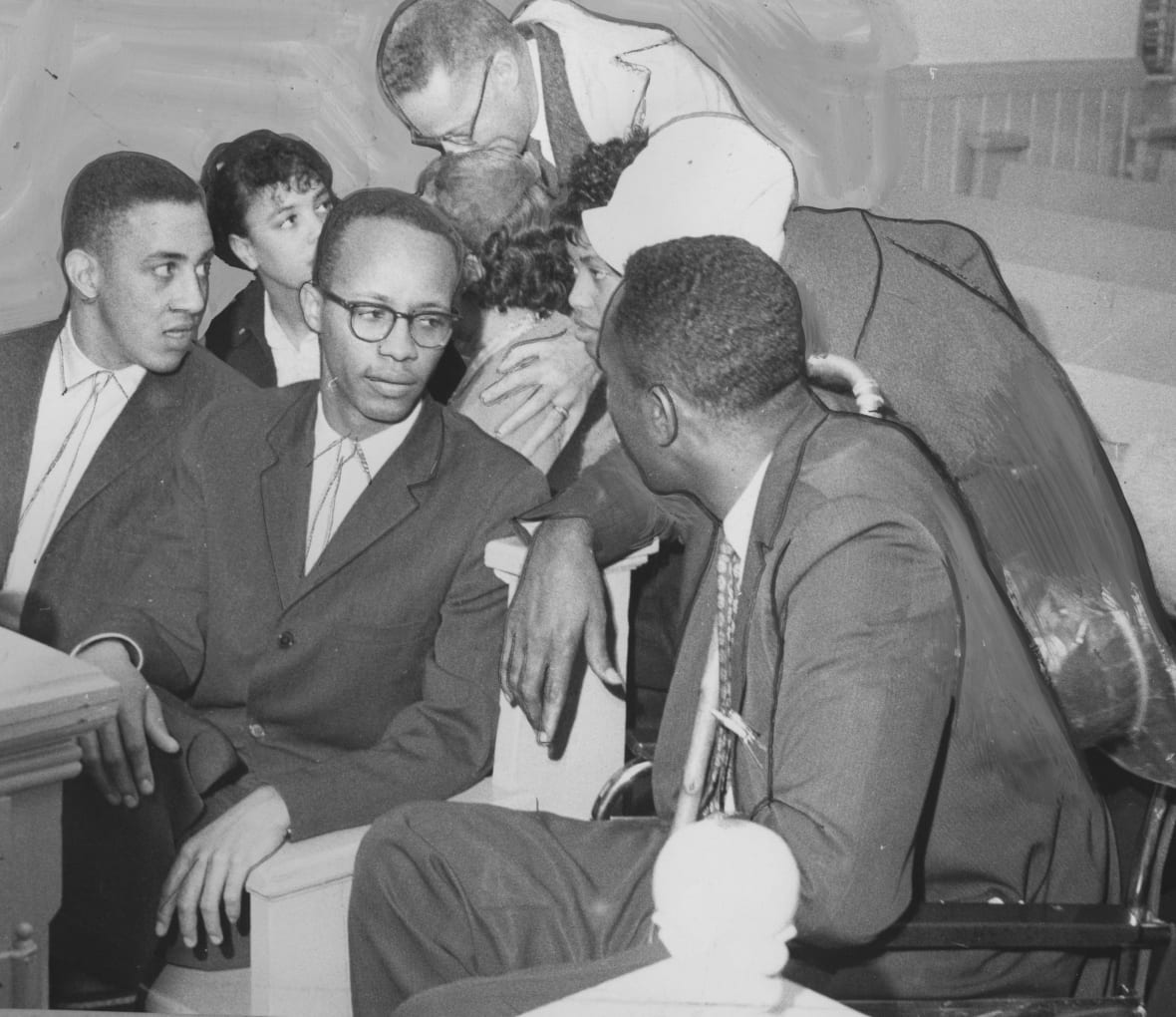
Charles Sherrod, an activist, minister, and the founder of the Albany Movement in Albany, Georgia, passed away in October. He was 85. His nonviolent activism for developing people in a racist society was a conflict with the white political powers that be. Some of Sherrod’s activism included marching for justice and the integration of a local bus station. He was jailed and placed in a chain gang for his actions. The once field secretary for SNCC was the husband of Black farmer advocate, rights activist, and former Agriculture Department worker Shirley Sherrod. Sherrod‘s efforts in civil rights went beyond Albany, Georgia, including the Selma Voting Rights Movement. Still, in Sherrod’s death, he was hailed as a civil rights pioneer in Southern Georgia.
Lani Guinier
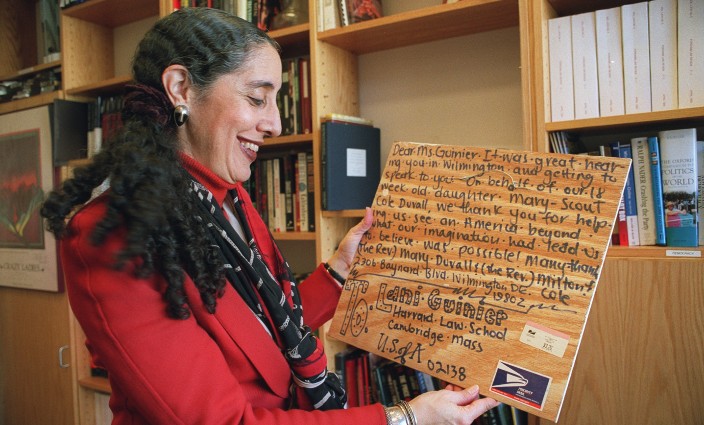
Lani Guinier died in early 2022 at 71 after working a career as a legal scholar, an advocate for voting rights and affirmative action, and a Harvard Law School professor. Guinier may be more nationally known for her once-historic nomination as assistant attorney general for civil rights at the Department of Justice. However, then-President Bill Clinton ultimately withdrew her nomination after a media and conservative backlash over some of her writings. After that controversy, Guinier criticized the method of redistricting and conducted research on implicit bias in the classroom and workplace. She died from complications of Alzheimer’s disease, which she had battled for several years.
TheGrio is FREE on your TV via Apple TV, Amazon Fire, Roku and Android TV. Also, please download theGrio mobile apps today!
